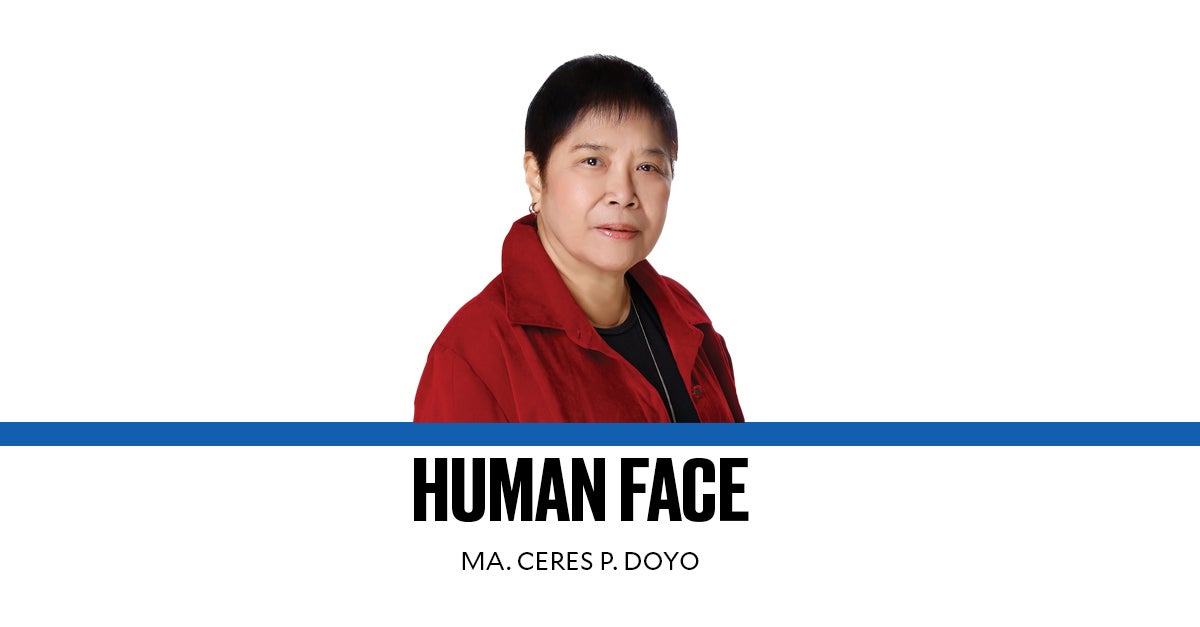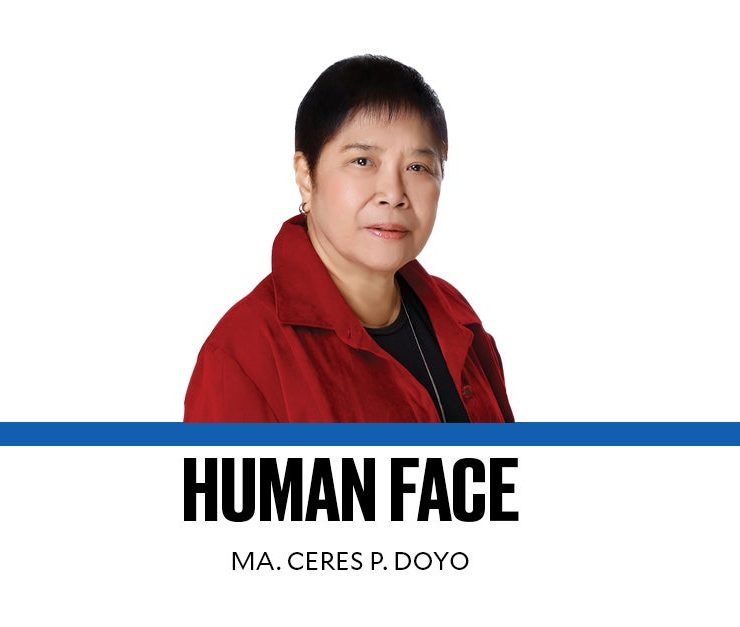Pope Francis and Caravaggio’s Matthew

Vaya con Dios, Pope Francis, Lolo Kiko (1936-2025). Maraming salamat.
“Mercy and compassion” were the themes of Pope Francis’ five-day visit to the Philippines 10 years ago in January 2015. Of the many things to ponder that I picked up from his talks, one stood out—the one about a painting.
The baroque era oil painting by Michelangelo Merisi da Caravaggio (1571-1610) that he referred to as “The Calling of St. Matthew” (a huge 322 x 340 centimeters) shows Jesus bursting into a dimly lit backroom where several men are seated. Jesus stretches out his hand toward someone who looks befuddled as if asking, “Who me?”
In his encounter with students during his visit, Pope Francis said, “If you have time, go see what Caravaggio painted of this scene.”
“This scene” is that of Jesus calling the tax collector Matthew to follow him. This surprise call, as narrated in the gospel (Matthew 9:9), caused a stir among the self-righteous. Jesus was consorting and eating with the so-called scum of society. Jesus invited Matthew to join his ragtag band of apostles.
Pope Francis painted his own scene: God is a God of surprises, and we must allow ourselves to be surprised. He was only three years into his papacy at that time, and we had no idea that there would be surprises down the road that caused eyebrows to rise: his reaching out openly to those considered outsiders and outcasts.
“Real love is opening yourselves to the love that wants to come to you, which causes surprise in you. God is a God of surprises,” he said. I thought of God calling in gentle and sometimes dramatic ways; calling us by name, calling to mission, but first, to conversion. In his homilies since day one of his visit, Pope Francis had been directly pointing to areas where conversion was needed.
In the painting, Peter (it must be him), ever the protestor, stands in the way and, like the Pharisees, might be asking, “Jeez, why him?” In the words of Pope Francis: “This one? He’s no good. And he keeps money to himself. But the surprise of being loved overwhelms Matthew and he follows Jesus.” That is one vocation story. What’s yours?
This Caravaggio masterpiece, along with “The Conversion of St. Matthew” and “The Martyrdom of St. Matthew,” hangs in the church of the congregation of San Luigi dei Francesi in Rome. The pope must have gazed upon it during one of his Roman visits before he became pope and bishop of Rome. Its meaning was not lost on him.
In that Bible scene, Jesus chides his critics: “Those who are well do not need a physician, but the sick do. Go and learn the meaning of the words, ‘I desire mercy, not sacrifice,’ I did not come to call the righteous but the sinners.” Later in his papacy, Pope Francis would liken the church to “a field hospital.”
Caravaggio was himself not a straight-and-narrow-path guy, but he was also into religious themes. His style has obvious influences on the likes of Rembrandt and other Caravaggisti of a later era.
Pope Francis on Matthew’s conversion story: “That day, when Matthew left his home, said goodbye to his wife, he never thought he was going to come back without money, and concerned about how to have such a big feast to prepare … for him who had loved him first, who had surprised Matthew with something very special, more important than all the money that he had.” (A translation of the pope’s Spanish narration.)
As God surprised Matthew, so would God’s surprises “shake the ground from under your feet and make you unsure. But they move us forward in the right direction. Real love leads you to spend yourself … even at the risk of having your hands empty.” He referred to St. Francis, his namesake, who “died with empty hands, empty pockets, but with a very full heart … Think well, feel well, do well. Be wise, allow yourselves to be surprised by the love of God.”
Pope Francis rallied the bishops, priests, and religious: “The Gospel is also a summons to conversion, to an examination of our consciences, as individuals and as a people … [to] combat the causes of the deeply rooted inequality and injustice that mar the face of Filipino society, plainly contradicting the teaching of Christ.” Christians should “live lives of honesty, integrity, and concern for the common good.”
Addressing government officials and the diplomatic corps in Malacañang: “More than ever, [it is] necessary that political leaders be outstanding for honesty, integrity, and commitment to the common good … The great biblical tradition … bids us to break the bonds of injustice and oppression which give rise to glaring and, indeed, scandalous social inequities. Reforming the social structures which perpetuate poverty, and the exclusion of the poor first requires a conversion of mind and heart.” Hear ye!
But Rodrigo Duterte, when he was president, called the pope “a son of a whore,” and God “stupid.” He is now in the Scheveningen Prison of the International Criminal Court at The Hague, awaiting trial for crimes against humanity.
—————-
Send feedback to cerespd@gmail.com


















